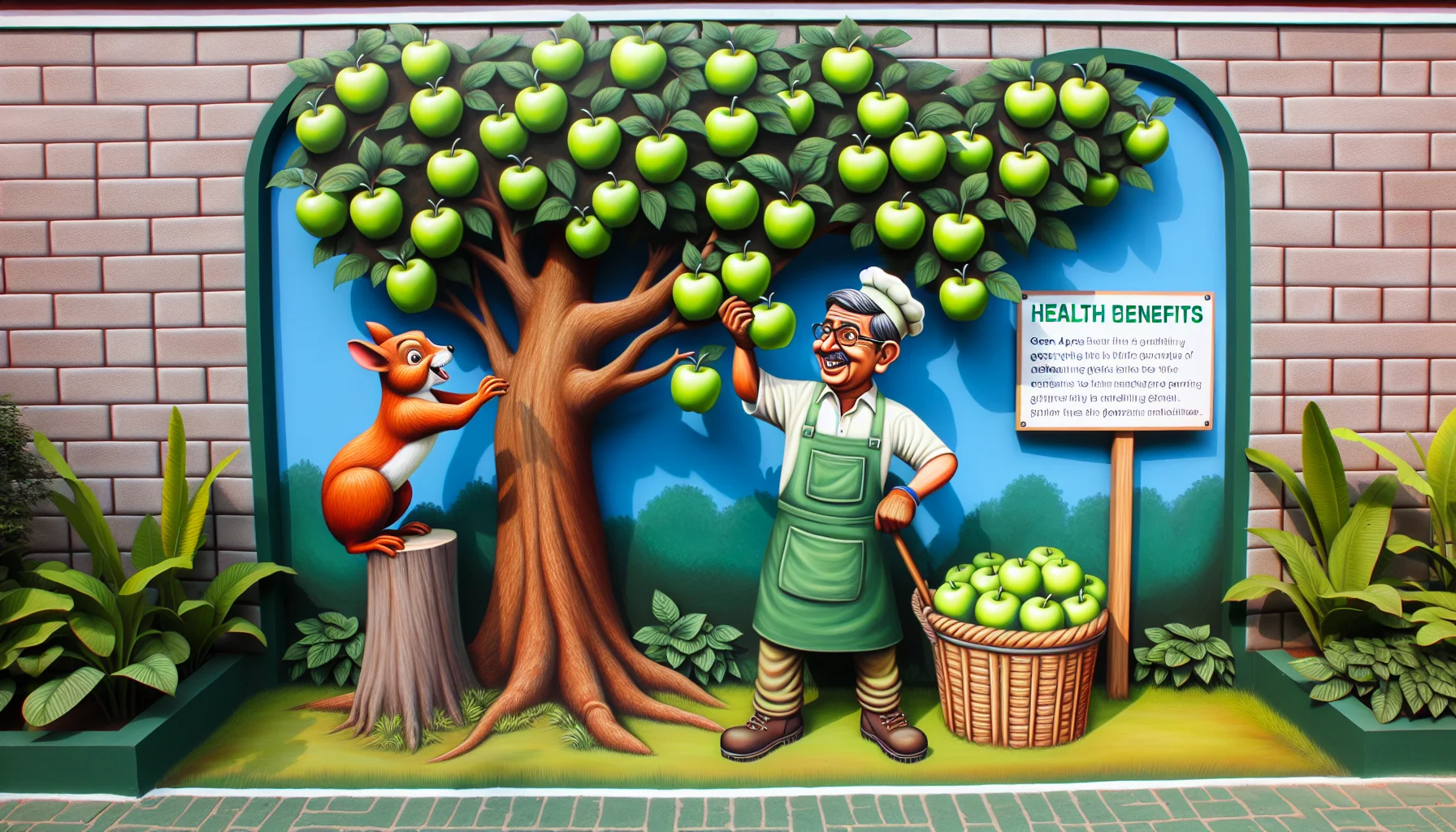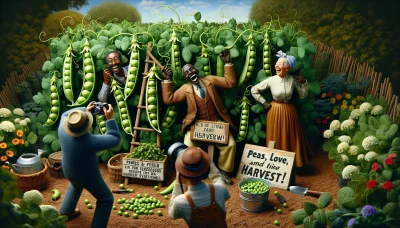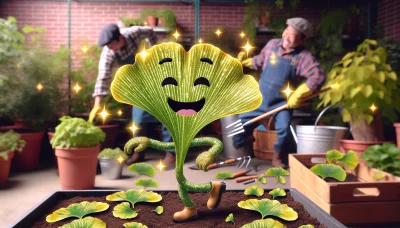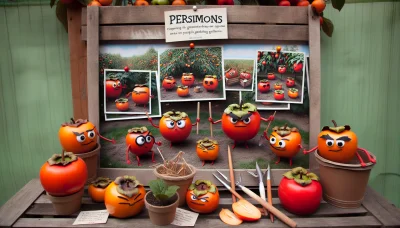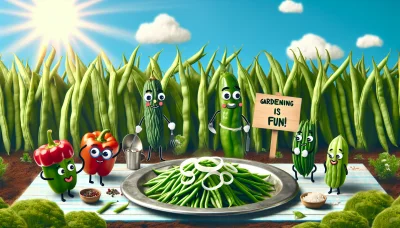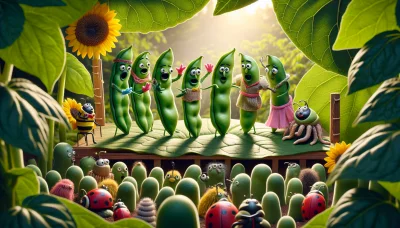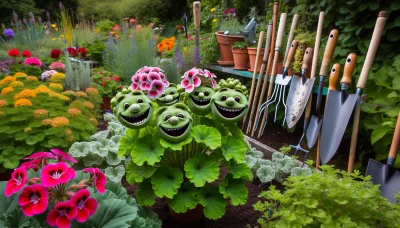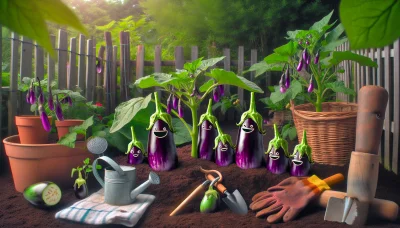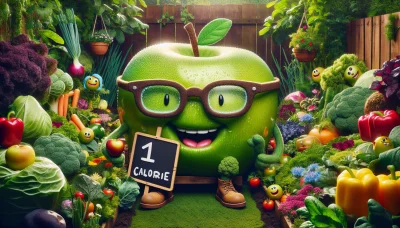Benefits of green apples Quiz
Test Your Knowledge
Question of
The Surprising Benefits of Green Apples in Your Garden
Green apples not only add a pop of color and a fresh, crisp taste to your diet, but they also bring a host of benefits to your garden and overall health. Cultivating green apples in your garden encourages biodiversity, attracting beneficial insects that help in pollination and pest control. These apples are a source of natural, organic produce, reducing your exposure to harmful chemicals. Health-wise, green apples are packed with vitamins and antioxidants, supporting digestive health and boosting your immune system. Their cultivation can be a rewarding hobby that promotes physical activity and a connection to nature, contributing to mental well-being. Including green apples in your garden is a delightful way to enhance your environment and health simultaneously.
Nutritional Powerhouse: Unpacking the Health Benefits
- Vitamin C: Found in green apples, it boosts the immune system, helps in the absorption of iron, and promotes healthy skin.
- Dietary Fiber: Green apples are a good source of dietary fiber, which aids in digestion, helps control blood sugar levels, and contributes to a feeling of fullness, aiding in weight management.
- Vitamin K: Essential for blood clotting and bone health, vitamin K is another nutrient present in green apples.
- Potassium: Important for heart health, potassium in green apples helps regulate blood pressure.
- Antioxidants: Green apples contain antioxidants such as quercetin and catechin, which protect cells from damage by free radicals and can improve overall health.
Green Apples: A Natural Aid for Garden Health
Green apples are not just a tasty treat; they can also play a significant role in maintaining the health of your garden. One of the most notable benefits of using green apples in your garden is their natural ability to control pests. The scent of green apples can deter certain types of pests, making them an eco-friendly alternative to chemical pesticides. Additionally, when added to your compost pile, green apples can accelerate the decomposition process, enriching the compost with essential nutrients that promote soil health and, consequently, plant growth. This dual role of pest control and compost enhancement makes green apples a valuable addition to any gardener's toolkit.
Cultivating Green Apples: Tips for Gardeners
- Choose a suitable variety of green apple for your climate. Granny Smith and Golden Delicious are popular choices that thrive in a range of conditions.
- Plant your apple trees in a location that receives full sunlight for at least 6 hours a day. They need plenty of sun to grow healthy and produce fruit.
- Ensure the soil is well-draining and rich in organic matter. Test the soil pH, aiming for a range between 6.0 and 7.0.
- Water your apple trees deeply and regularly, especially during their growing and fruiting seasons. Avoid over-watering to prevent root rot.
- Prune your apple trees every winter to remove dead or overcrowded branches, which helps to improve sunlight exposure and air circulation.
- Implement a pest management strategy. Regularly inspect your trees for signs of pests and diseases and treat them promptly to avoid infestations.
- Thin out the fruits in early summer. If your tree is overproducing, remove some of the fruit to ensure the remaining apples grow larger and healthier.
- Harvest your apples when they are fully ripe. Green apples should be firm to the touch with a full, consistent color. Taste-test for ripeness.
- Mulch around the base of the tree to retain soil moisture, regulate soil temperature, and reduce weed growth.
- Support your apple trees with stakes or trellises if they are young or if you live in a windy area to prevent them from leaning or getting uprooted.
From Garden to Table: Delicious Green Apple Recipes
Discover the crisp, refreshing taste of green apples in your meals with our collection of simple recipes. Green apples, known for their vibrant color and slightly tart flavor, are not just a healthy snack on their own but also a versatile ingredient that can transform any dish. Whether you're baking a classic apple pie, whipping up a quick green apple salsa, or adding a crunchy twist to your salads, these recipes will help you make the most of this delightful fruit. Let's dive into the world of green apples and bring a touch of freshness to your table!
The Environmental Impact of Growing Green Apples
Growing green apples in your garden can have a positive impact on sustainability and the environment. This practice contributes to the reduction of carbon footprint by minimizing the distance food travels from farm to table, thus lowering greenhouse gas emissions associated with transportation. Furthermore, cultivating green apples organically can help in preserving local biodiversity, reducing the reliance on harmful pesticides and fertilizers that can contaminate water sources and soil. It also promotes pollinator health by providing bees and other pollinating insects with a source of nourishment. Additionally, home-grown apples can lead to less food waste, as individuals are more likely to consume what they have grown, and surplus can be shared within the community, fostering a sense of connection and support for local ecosystems.
Joining the Green Apple Movement: Next Steps for Gardeners
For gardeners looking to dive deeper into the world of green apples, here's a curated list of resources, community projects, and educational programs to get you started:
- Green Apple Growers Association: A platform for apple growers to share knowledge, techniques, and innovations in green apple cultivation.
- Urban Orchard Project: A community initiative focused on planting and maintaining green apple trees in urban areas to promote local food production and green spaces.
- Organic Apple Cultivation Webinars: Online learning sessions hosted by experienced orchardists covering organic practices for growing green apples.
- Heirloom Green Apple Preservation Society: An organization dedicated to the preservation and cultivation of heirloom green apple varieties, offering workshops and seed exchange programs.
- Green Apple School Gardens: A program that supports the integration of green apple trees into school gardens, providing educational resources for teachers and students.
- DIY Green Apple Cider Making Classes: Hands-on classes teaching the art of making cider from green apples, focusing on traditional and innovative techniques.
- Community Orchard Design and Management Courses: Courses aimed at individuals interested in creating or managing community orchards with a focus on green apple trees.
- Permaculture and Green Apples: Workshops on incorporating green apple trees into permaculture designs, emphasizing sustainable and ecological gardening practices.
